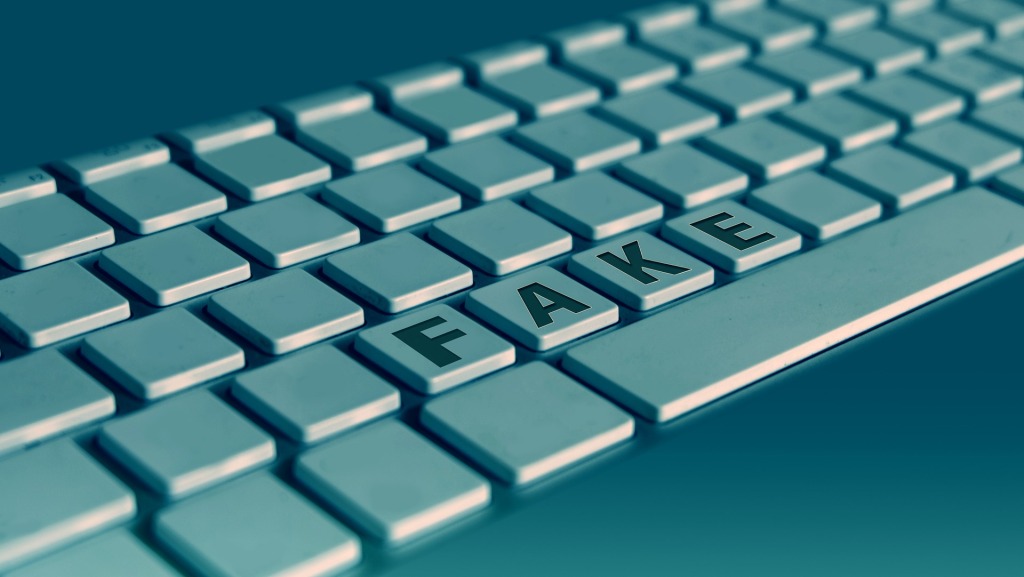Eduardo Paiva (Master in Law and Informatics - UMinho)
▪
The healthy unfolding of democratic electoral processes – and of democratic life in general – has been threatened by the dissemination of disinformation (defined as “false or misleading content that is spread with an intention to deceive or secure economic or political gain, and which may cause public harm”) by agents who do not uphold the same principles.[1] Under these circumstances, a climate of manipulation and deceit is fostered, which is extremely and particularly malign for crucial moments of political decision,[2] as attempts are made to strip them of their inherent relevance and validity, constituting one of the most dangerous forces deteriorating our democratic foundations.[3]
In this sense, the role of major digital platforms, as holders of vast power to control and influence communication and information channels on a global scale, is chronic and central in this issue. Taking this into account, they should be compelled to engage in self-criticism towards a certain openness in applying changes to the operational models of their businesses.[4] The enormous capacity of these technological platforms in amplifying and micro-targeting content makes them extremely attractive for the precise propagation of information on a large scale, thus making them systematically targeted for hybrid activities in the field of disinformation. Amidst this web of opaque information, it is more important than ever to know which profiles and posts are genuinely concerned with conveying the reality of facts in an impartial and well-founded manner.
Continue reading “Democratic Integrity in the Era of Digital Disinformation”



